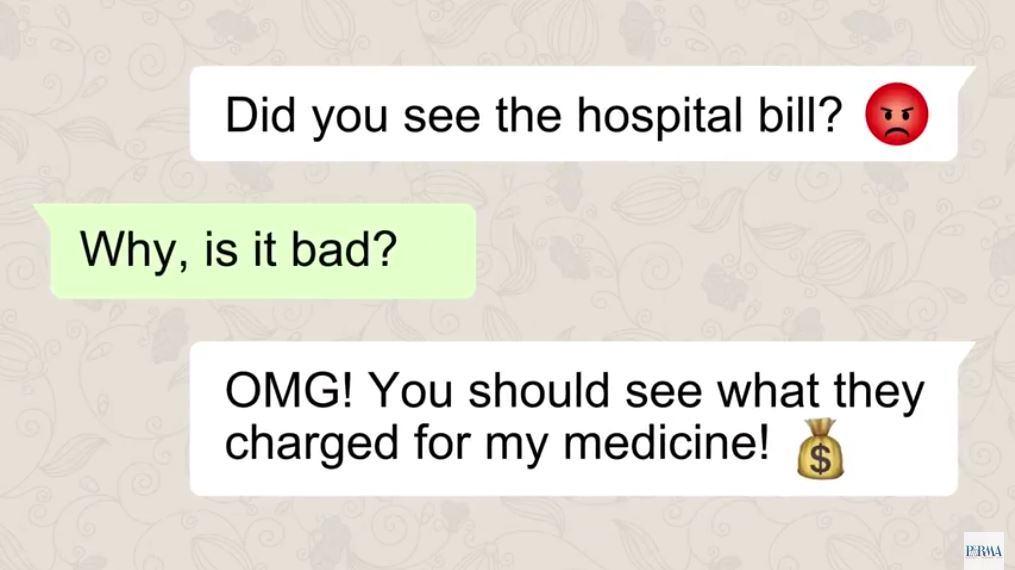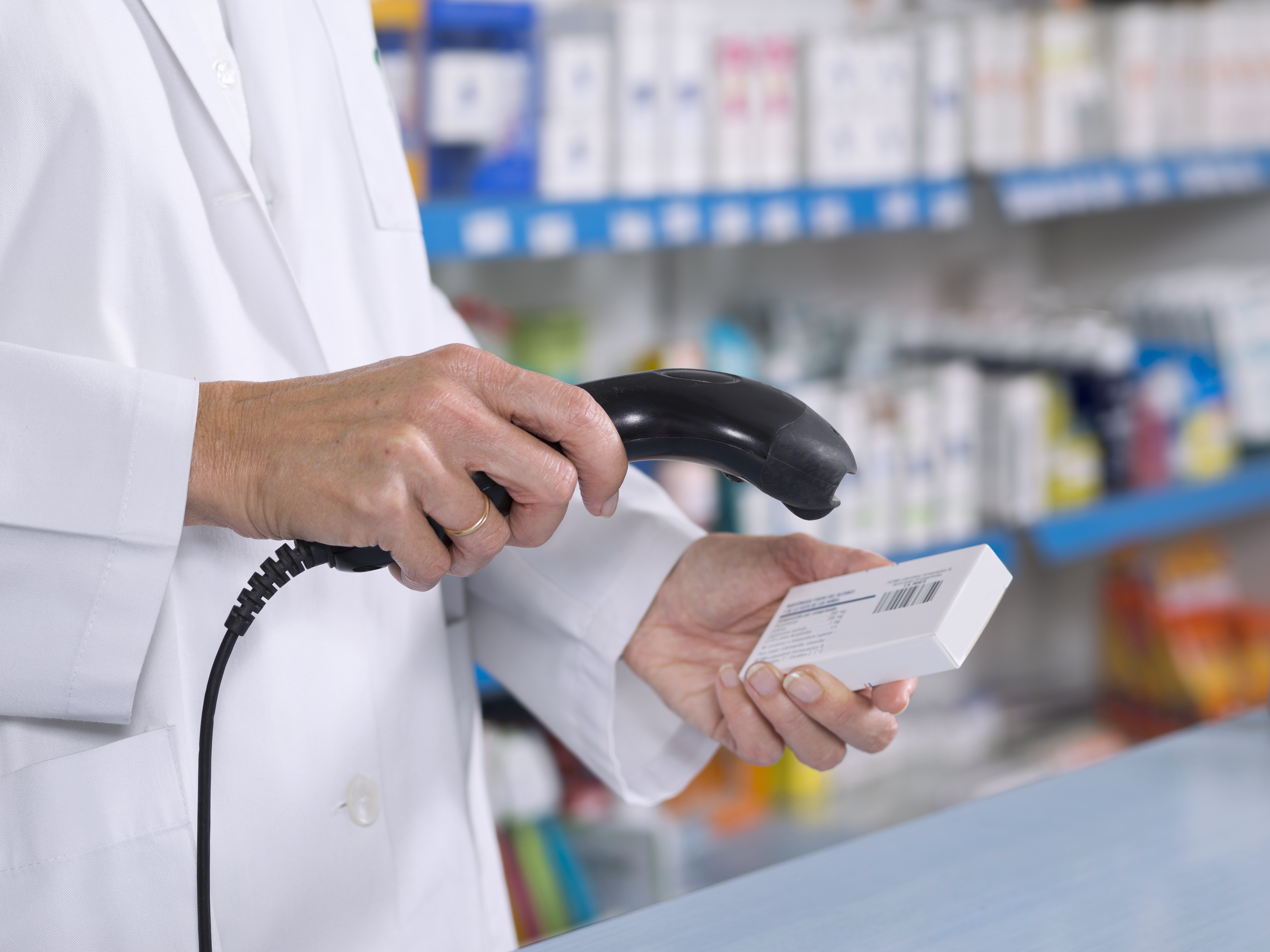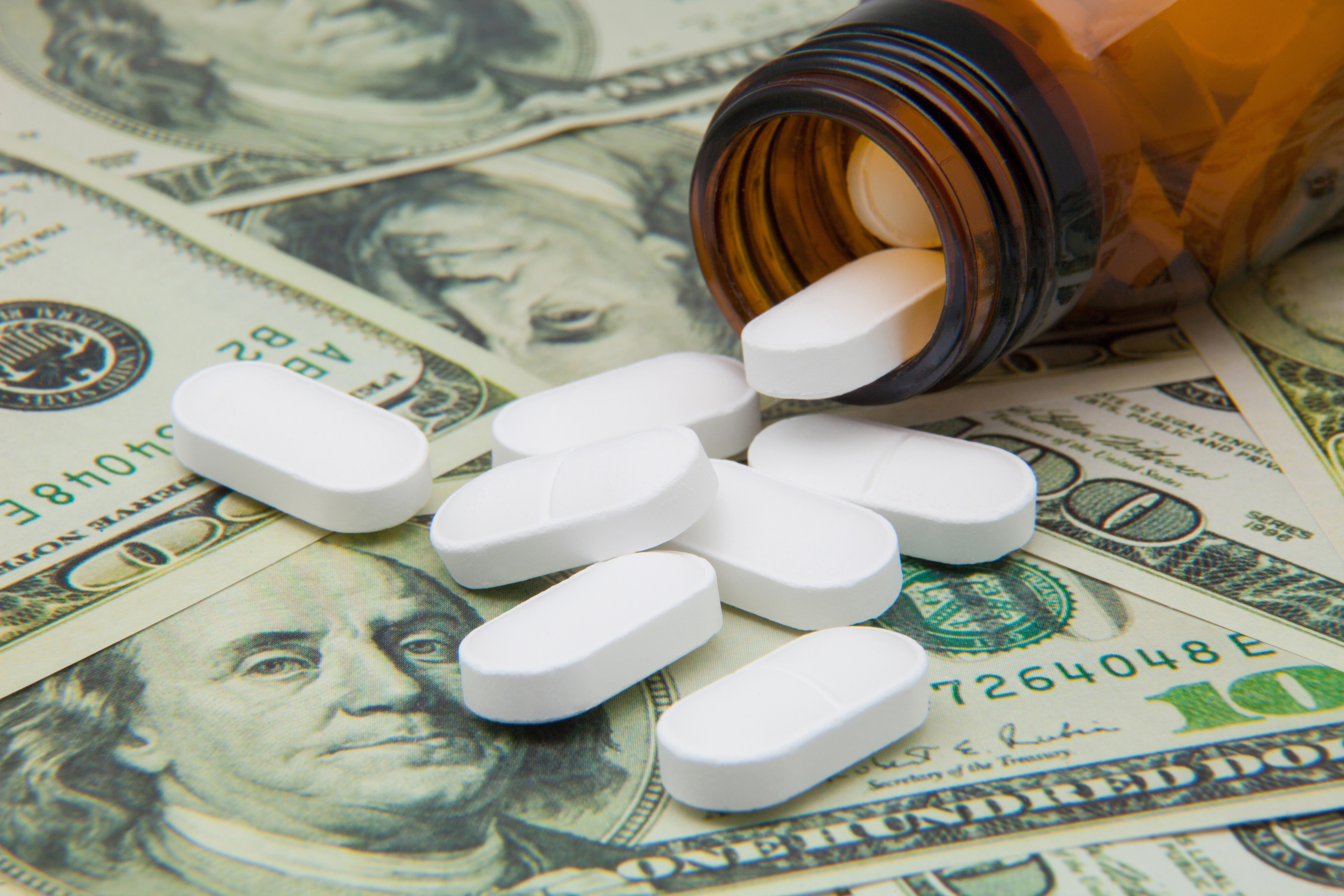It might not be the same as the 5,000 percent price hike on Daraprim instigated by Martin Shkreli in 2015, but Nostrum Laboratories’ 400 percent increase on the cost of a bladder infection drug has some influential people talking – largely because of the controversial comments made by the company’s CEO. The head of the small generics company cited America’s capitalist economy when defending the $474.75 to $2,392 per-bottle price jump on the 65-year-old antibiotic medication, nitrofurantoin.
“I think it is a moral requirement to make money when you can…to sell the product for the highest price,” Mulye told the Financial Times. “The point here is the only other choice is the brand at the higher price. It is still a saving regardless of whether it is a big one or not.”
But in light of the current political climate surrounding the drug pricing debate – with companies like Valeant Pharmaceuticals and the former Shkreli-run Turing Pharmaceuticals being very publicly shamed for their pricing practises – Mulye’s comments didn’t sit well with many in the industry.
FDA Commissioner Scott Gottlieb addressed Nostrum’s price hike head-on in tweet which condemned Mulye’s comments.
“There’s no moral imperative to price gouge and take advantage of patients,” said Gottlieb. “FDA will continue to promote competition so speculators and those with no regard to public health consequences can’t take advantage of patients who need medicine.”
So, what prompted Nostrum Laboratories to raise the price of the generic antibiotic by such a significant margin? According to Mulye, the price of Furadantin – the branded version of nitrofurantoin – was recently increased by 182 percent to $2,800 per bottle by its manufacturer, Casper Pharma. Mulye and Nostrum were responding accordingly by increasingly the price of their generic version.
The irony is, Nostrum isn’t currently marketing their version of the antibiotic medicine in the US due to changing FDA regulations on impurity restrictions. In a related tweet, Gottlieb points out that other suppliers make the liquid version of the product – including Novel Laboratories, Amneal Pharmaceuticals and Actavis – and that it is not currently in shortage. Numerous other generics companies manufacture tablet and capsule forms of the drug.
When asked about Shkreli’s now-infamous price hike of the toxoplasmosis drug Daraprim, Mulye didn’t see anything wrong with the former-CEO’s decision.
RELATED: Are Hospitals to Blame for Jacked-Up Drug Prices? PhRMA Thinks So
“I agree with Martin Shkreli that when he raised the price of his drug he was within his rights because he had to reward his shareholders,” said Mulye.
But it looks like Mulye has since changed his mind on the matter, recanting his previous comments about Shkreli in an interview with CNBC just two days after publication of the Financial Times article.
“I was not defending Shkreli,” said Mulye. “What I said was the conditions under which Shkreli could do what he did were created by the FDA. That is the real story.”
Nostrum is currently reformulating their version of nitrofurantoin to meet the FDA’s purity standards, with no word yet on when it will be re-released onto the market. In his CNBC interview, he also said that payers will be negotiating discounts on the drug which means the company won’t get the $2,392 per-bottle list price for the medication.
For his part, Stephen J. Ubl, CEO of PhRMA, the largest pharmaceutical industry lobby group in the US, also opposed Mulye’s comments.
“Recent comments from the CEO of generic manufacturer Nostrum Laboratories are tone deaf, particularly as patients are increasingly facing affordability challenges in the marketplace,” said Ubl in a recent tweet.
The trade organization has been working hard to take some of the drug pricing spotlight off of the pharmaceutical industry and put it onto other players in healthcare. Their “Let’s Talk About Cost” campaign has targeted pharmacy benefit managers and hospitals while trying to explain why prescription drugs cost so much more in the US than they do in other parts of the world.












Join or login to leave a comment
JOIN LOGIN